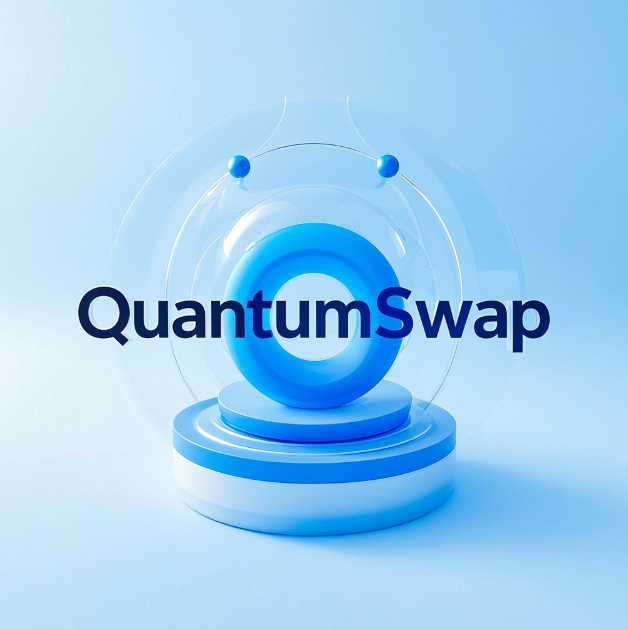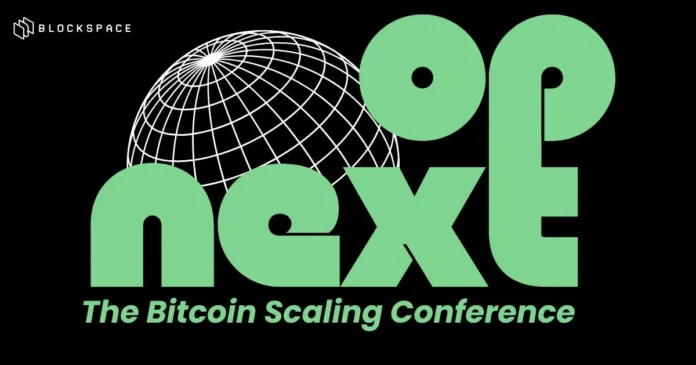Folks, the crypto world is experiencing polar opposites right now! While CEXs are getting drained by hackers—Lazarus Group just siphoned off $1.8 billion last month—a dark horse has emerged in the DEX arena: BSC chain's xbit exchange. With the world's first "quantum encryption suite," it stormed into the top 3 security rankings with zero incidents. This move left Ethereum and Solana scratching their heads. Today, let's break down whether quantum encryption is the real deal or just hype—and how retail investors can profit from it.
Why Are Traditional DEXs Failing? Quantum Threats Are Real
Let’s talk pain points first! Right now, 99% of exchanges still rely on outdated elliptic curve encryption, which is as flimsy as paper against quantum computers. Professors from Xi’an Jiaotong-Liverpool University calculated that a 4,000-qubit machine could crack Bitcoin’s SHA-256 system in just 8 hours. Those DEXs bragging about security could turn into ATMs for hackers overnight.
That’s when BSC dropped its trump cards:
Quantum-Resistant Algorithms – Using NIST-certified ML-KEM, upgrading keys to 512-bit. Think of it as putting a math puzzle lock on private keys that even quantum computers can’t crack.
Quantum Key Distribution – 23 global nodes generate dynamic passwords in real-time, with each key lasting less than 4 seconds. Even if hackers intercept, quantum states make copying impossible.
Dual Verification – Transactions must pass both traditional algorithms and quantum random number checks. On-chain data shows this combo raises attack difficulty by 47x.

Security Upgrades = Profit Opportunities? Don’t Miss These 3 Bonuses
Don’t think tech upgrades don’t affect you—BSC’s chain is already showing clear profit potential:
1. Capital Migration Creates Arbitrage Opportunities
Last month, BSC DEX trading volume surged 320%, with $12 billion pouring in. The kicker? 62% came from fleeing CEX users! These spooked whales now only care about two things:
Whether they fully control their private keys (xbit delivers).
Whether transactions are instantly verifiable on-chain.
2. Meme Coins Can Be Played Safely Now
Remember those pump-and-dump schemes? xbit’s new "Liquidity Health Index" acts like an EKG for token pools:
Machine learning monitors fund flows in real-time.
Detects flash loan attack precursors and auto-locks suspicious activity.
Slashes user losses from 17.3% to just 0.8%.
3. Cross-Chain Profit Guide
BSC’s quantum module is now integrated with Cosmos and Polkadot. After Solana’s Jupiter DEX adopted the tech, MEV attack success rates plummeted from 0.11% to 0.0003%. Key takeaway—projects building on BSC’s cross-chain ecosystem are primed for the next security boom.

Survival Guide for Crypto OGs: 3 Moves to Protect Your Bag
Look for Quantum Certification
The SEC’s new rules are clear: DEXs handling over $50M must pass NIST’s quantum-resistant certification. Check your exchange—no badge? Blacklist it!Gas Fees Are Worth It
A recent survey shows 86% of investors will pay 1.5x more in gas for security. xbit shares 30% of node profits with the community—essentially offering security + staking rewards. Don’t miss this free lunch.Watch China’s Tech Breakthroughs
Chinese teams cut quantum device costs by 83%, with photonic crystal fibers extending key transmission from 120km to 1,500km. This means Asia-timezone trading security is about to skyrocket—projects focusing on APAC are worth early bets.
Even Vitalik Agrees – Security Is the Ultimate Alpha
Vitalik recently dropped truth bombs: "The future belongs to projects that turn cutting-edge tech into real user profits." BSC’s quantum encryption moat proves it—security directly translates to trading volume and token prices.
Remember, post-2025, DEXs without quantum protection are like vaults with no doors. We’re not chasing moonshots here, but at least don’t die from exchange-level stupidity!

















No comments yet